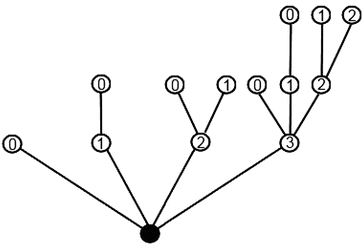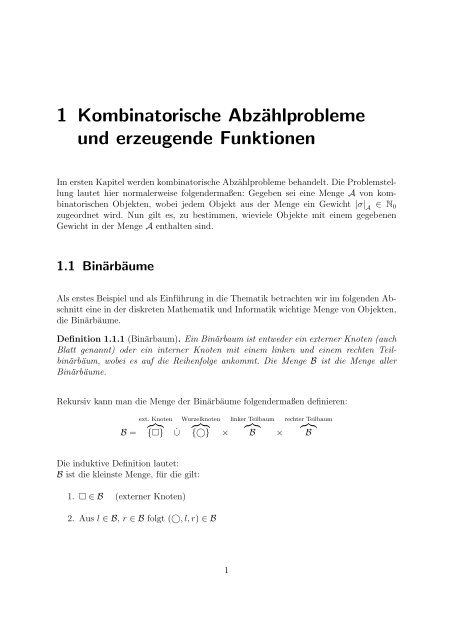Vollständige Induktion ∑_(k=1)^n x^{n-k} y^{k-1} = (x^n - y^n
4.8 (409) · € 20.00 · Auf Lager

3.7 Vollstndige Induktion Fakultt, Binomialkoeffizient

Binomialkoeffizient – Wikipedia

Vollständige Induktion Summe über k*(n über k) Teil a)

Wie beweise ich eine vollständige Induktion im Produkt? (Mathematik)

WO1996004410A1 - Industrial vapor conveyance and separation - Google Patents
Vollständige Induktion mit Summe

Arithmetization of Logic

Kurs:Analysis/Teil I/Test 1/Klausur mit Lösungen – Wikiversity

Summe über 1/k(k+1) (Aufgabe mit Lösung)

Diskrete Strukturen

1 Kombinatorische Abzählprobleme und erzeugende - TU Wien
Beweis ∑k=1 bis n 1/(k*(k+1) = n/(n+1)
How does one prove the generalized binomial theorem? - Quora
Vollständige Induktion ∑_(k=1)^n x^{n-k} y^{k-1} = (x^n - y^n)/(x-y)











